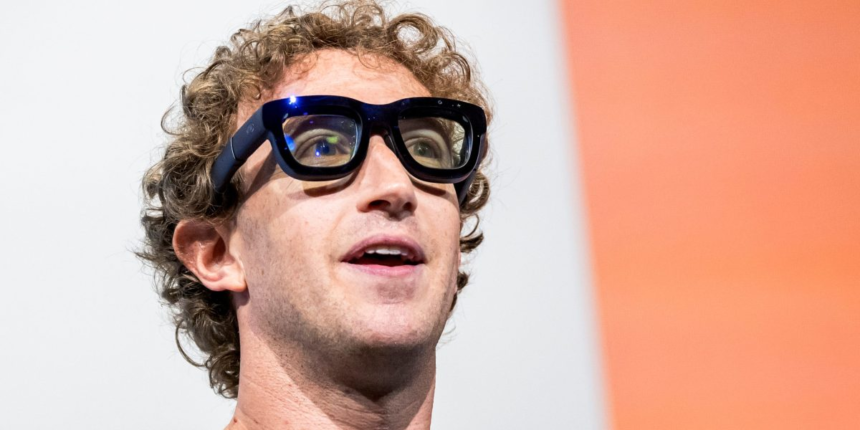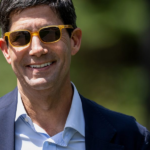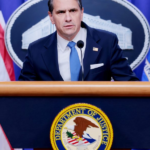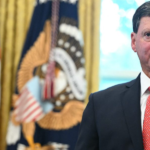There are many examples across sectors and across history which show that throwing up boatloads of money to poach top talent from competitors is never enough on its own. From sports to invention to investment management—and even our own field, academia—the road to decline is littered with cautionary tales of misplaced confidence from throwing money at top talent unsuccessfully. Greatness, it turns out, is harder to buy than it looks, and unless Zuckerberg can stem the underlying drivers of AI and innovation stagnation at Meta, then his recent hiring spree may only turn into another cautionary tale.
One reason poaching top talent from rivals frequently ends poorly is because oftentimes these firms are getting top talent after they have already hit their peak. Nowhere is this challenge more evident than in the world of sports, where most athletes peak young and deteriorate with age and injuries.
It’s not just about late-career decline. From the outset, the correspondence between pay and performance is less clear than one would expect—and sometimes even resembles a negative correlation.
In Meta’s case, it’s clear that Zuckerberg is counting on his spending spree to fuel AI innovation as Meta falls behind its peers. This ignores a fundamental problem of innovation and inventiveness, which is that many of the innovative geniuses who devised transformative inventions failed to profit financially from their own ingenuity while more aggressive, entrepreneurial bystanders claimed credit and profit.
Such inventive introverts transformed the world with inventions undergirding the industrial and technological revolutions, yet they were either unwilling or unable to play the game, falling prey to more aggressive and entrepreneurial personalities around them who commandeered the lucrative financial rewards.
If there were ever telltale signs of when the top of a bubble frenzy could be near, it would be the following: First, when every taxi driver and hairdresser is talking about it and diving in; second, when all the business school students are trying to get related jobs; and third, when firms are dishing out eye-popping cash bonuses to poach talent from competitors.
For Mark Zuckerberg, the Super Bowl is a potent reminder that money can buy lots of things—but it can’t buy everything.
The opinions expressed in Fortune.com commentary pieces are solely the views of their authors and do not necessarily reflect the opinions and beliefs of Fortune.









